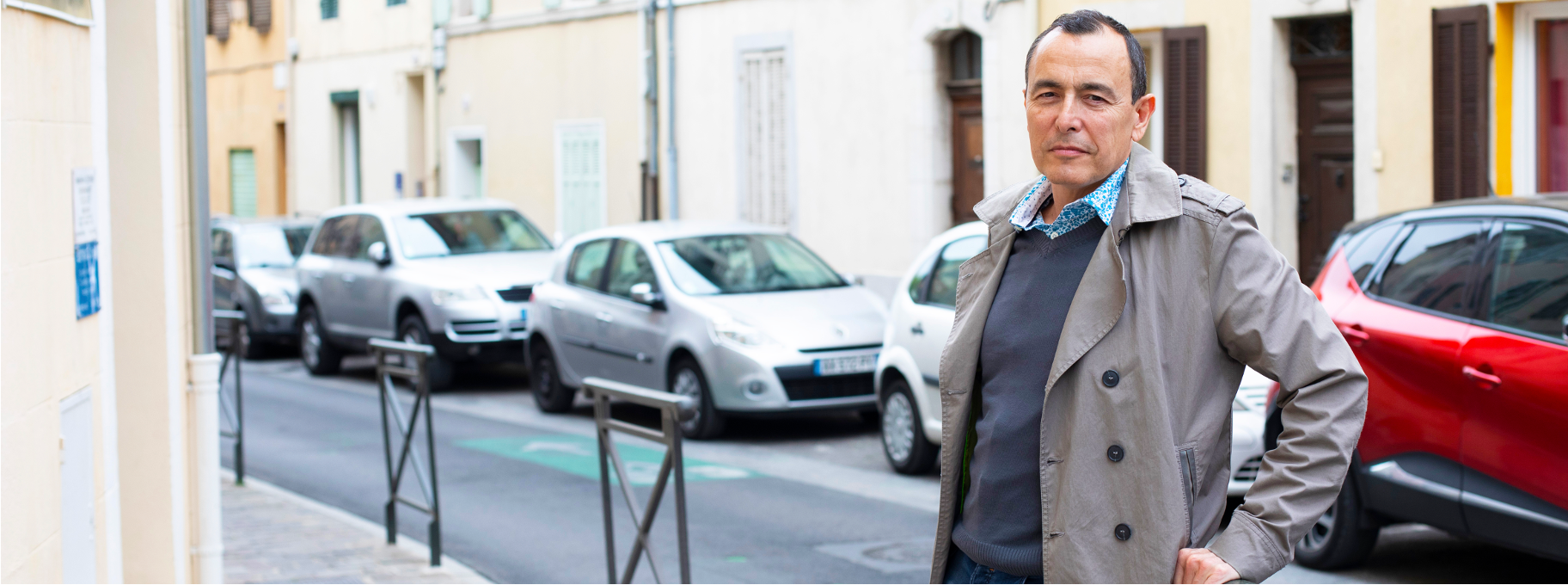
Our News
“Be the Link!” Learn from patients on World Amyloidosis Day
October 24, 2022
Throughout my career, previously as a nurse and now as part of the Patient Advocacy & Engagement team at Alnylam, I have been personally inspired by those living with amyloidosis. I’ve seen first-hand the many complexities that often come with living with this progressively disabling and often fatal rare disease. Today is a particularly important day for the community as it marks World Amyloidosis Day – a day where the Amyloidosis Alliance, along with patient organizations from around the world, come together to raise awareness of the condition.
Hereditary ATTR (hATTR) amyloidosis is an inherited form of the disease affecting multiple organs and tissues, with symptoms varying widely among individuals. As many of the symptoms are similar to other conditions, there can be misdiagnosis or delays in diagnosis. This can lead to ineffective or possibly detrimental management, as symptoms continue to worsen over time.
This is why the Amyloidosis Alliance has asked the community to “Be the Link” – a call to action that unites physicians, patients, caregivers and industry – to increase awareness of amyloidosis, including the diagnostic delays that those living with the disease may face.
No one knows this better than Jean-Christophe Fidalgo, President of the Amyloidosis Alliance, who has been living with hATTR amyloidosis for more than 20 years. I recently sat down with Jean-Christophe to hear about his experiences with amyloidosis, his advocacy work and to learn more about the World Amyloidosis Day “Be the Link” campaign.
Tell me about your journey to diagnosis.
Jean-Christophe: In my case, amyloidosis is a hereditary disease. My grandfather passed away before receiving a diagnosis and my father was misdiagnosed with neuropathy. I know now that I have a rare genetic mutation that is endemic in the North of Portugal, where my grandfather came from, but I was not initially offered any genetic testing.
I first started to experience numbness in my toe and was referred to a neurologist who performed several electromyograms. It took several tests for my results to show significant neuropathy, which is when my neurologist decided to perform a biopsy that confirmed my amyloidosis diagnosis. It was only afterwards that a genetic analysis was carried out to identify the mutation that existed in my family.
The whole process, from my first symptom to being diagnosed with hATTR amyloidosis, took four years. This bothered me a lot because I felt like the disease was continuing to eat away at me – I was losing weight and walking was becoming increasingly difficult – and there was no real action from my doctor. Amyloidosis is a disease which progresses rapidly, and it must be identified and treated as early as possible.
How has the amyloidosis patient journey evolved since you were first diagnosed?
Jean-Christophe: The diagnosis of amyloidosis has progressed enormously since I was diagnosed more than 20 years ago. In France, for example, a genetic test is performed much earlier, and psychologists are involved in the process of helping patients to come to terms with their diagnosis.
Treatments are also becoming increasingly more effective and less burdensome for patients. This brings a lot of hope to the amyloidosis community as patients are now starting to lead normal lives.
Can you tell us about your advocacy work and the World Amyloidosis Day campaign?
Jean-Christophe: Since starting treatment, I have had an excellent quality of life, so it seemed only natural to share my experience with others. I joined the Amyloidosis Alliance to address the problem of delayed diagnosis and to provide patients with accurate and credible information about the disease, how it can be treated and what social support exists.
Amyloidosis is a lesser-known disease and there is still work that needs to be done to educate all physicians, including general practitioners, so they know when to refer patients to an appropriate specialist. World Amyloidosis Day aims to raise awareness of amyloidosis among the medical community and the general public to help shorten the diagnostic delay that patients face.
What are your hopes for the future?
Jean-Christophe: I think we can be optimistic about the future. Research is accelerating and more advances are being made. This is a positive message for patients, especially in cases where the disease is passed on between generations, as peoples’ lives are getting better and less complicated.
While tremendous progress has been made in amyloidosis, there is always more work to be done to ensure that those living with the disease receive the support they need during every step of their journey, from a timely diagnosis to appropriate treatment and holistic care.
Alnylam is proud to participate in World Amyloidosis Day to highlight the importance of continued collaboration amongst all the communities impacted by amyloidosis – patients, caregivers, healthcare professionals and industry. Each and every one of us has something to bring to the fight against the disease and, together, we aim to improve the lives of patients in need.
Learn how you can “Be the Link” by visiting https://worldamyloidosisday.org/ or https://www.amyloidosisalliance.org/.
Tags
Perspectives, Articles, hATTR amyloidosis, Amyloidosis, World Amyloidosis Day, Amyloidosis Alliance





